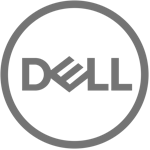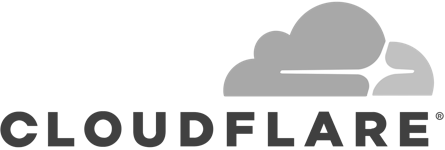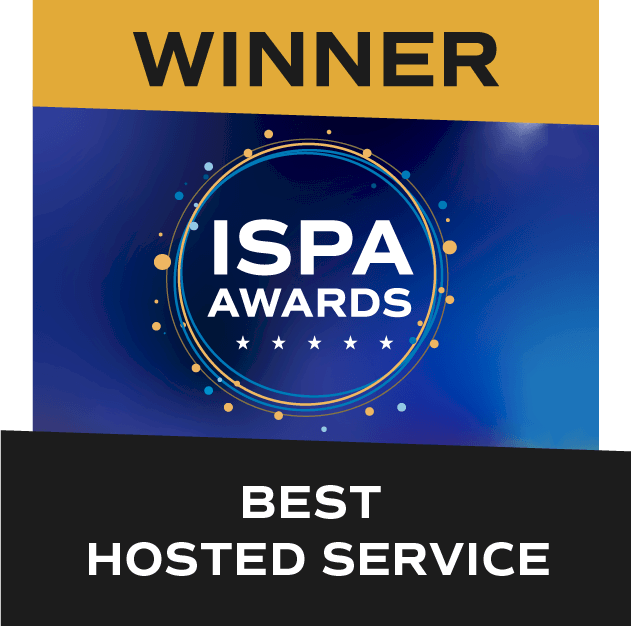Server Management
MySQL vs SQL: What’s the Difference? | Storm Internet

Do you know the difference between MySQL and SQL? If not, you’re not alone! In fact, a lot of people don’t know the difference. This blog post will discuss the key differences between these two database management systems.
By understanding the differences, you can choose the right system for your needs. So, without further ado – let’s dive in!
What Is SQL?
SQL stands for Structured Query Language. It is a standard programming language that people use to manage databases.
SQL queries can retrieve data from a database, insert new records into a database, update existing records, and delete records from a database.
The majority of companies use SQL databases to store important data, and it’s the standard in the American National Standards Institute (ANSI). While SQL has been around for decades, it’s still the favoured database programming language.
What Is MySQL?
MySQL is essentially an open-source RDBMS (relational database management system).
In other words, it is a program that lets you manage databases. MySQL is based on the SQL language but adds some additional features.
Some key features of MySQL include its versatility. As an open-source tool, anyone can use it – and it’s particularly popular with developers as they can tailor the source code to their specific needs.
You can also use MySQL on Linux, Windows, UNIX and other operating systems. It also has a range of options for different tables.
The Main Differences Between SQL and MySQL
Now that we know what each of these terms means let’s look at the key differences between SQL and MySQL.
Language Versus Software
SQL is a standard programming language that is used to manage databases. MySQL is an open-source relational database management system (RDBMS).
In other words, SQL is the language people use to write queries that are then sent to a database. MySQL is a program that stores data in a database and lets you manipulate that data using SQL queries.
Popularity
SQL databases are the most popular type of database, and all major companies use them to store essential data. MySQL is also a popular choice for web applications.
While it isn’t as popular as SQL databases, it is gaining more recognition due to its open-source nature and flexibility.
Features
As we mentioned before, MySQL has some additional features that make it more versatile than SQL databases.
These features include its compatibility with multiple operating systems and its range of options for different tables.
Pricing
SQL databases are usually more expensive than MySQL. This is because they are commercial products that require a licence.
On the other hand, MySQL is free to use as it is an open-source product.
The Pros & Cons Of SQL & MySQL
Both SQL and MySQL have their pros and cons. Let’s take a look at some of the key advantages and disadvantages of each:
SQL Pros
- Zero Coding: While you do have to learn SQL, there’s no need for lines of coding, which is why it’s a popular tool.
- Processing: You can manipulate and retrieve data quickly, so there are no obstacles accessing important information.
- Universal: As SQL is standardised, it applies globally to all users.
- Flexibility: SQL is used in servers, programmes, laptops and PCs.
SQL Cons
- Complex Interface: It’s no secret that SQL takes time to navigate, and new users will need help to understand the interface.
- Rules-Based: As SQL is standardised, you have to follow the rules, which results in the database never having total control.
- Price: SQL costs money, and some versions are too expensive for the average programmer.
MySQL Pros
- It’s Free: Of course, this is the primary advantage of MySQL, and as it’s open-source, everyone can access the software.
- Versatility: MySQL is compatible with many platforms, and it belongs to LAMP (Linux Apache MySQL PHP) server software stack.
- Security: Programmers can use the open-source product to tailor open source codes. This improves security as all passwords are encrypted.
- New Developments Occur Frequently: There are many features available for MySQL users, and developers often create and release updates.
MySQL Cons
- The Oracle Factor: While MySQL is open source in many ways, it’s owned by Oracle, so there are some restrictions. The main reason this is a problem for developers is due to the lack of a public roadmap.
- Efficiency: If you’re going to manage large databases, MySQL might not be the best option because it can struggle with a lot of information.
- Corruption: In some cases, MySQL can struggle with data corruption when managing transactions.
Which Is Best For You?
Now that we’ve looked at the key differences between SQL and MySQL, it’s time to decide which is best for you.
SQL is probably your best bet if you’re looking for a fast, reliable, universal database system. However, if you’re working on a tight budget or need a database compatible with multiple operating systems, MySQL could be the better option.
Businesses especially prefer SQL because of its enhanced security features. Third-party applications cannot manipulate data, and while there’s an additional cost – many would agree that the extra security is worth it.
Some people who aren’t tech-friendly might struggle to choose, but SQL server hosting is ideal for businesses that rely on their websites and depend on a database for daily operations.
With a managed SQL service, your provider will handle the data migration from your existing SQL, so you don’t have to worry about the technical elements.
The Bottom Line
So, there you have it! These are the key differences between SQL and MySQL. By understanding these differences, you can decide which database management system is right for your needs.
Ultimately, the decision comes down to your individual needs and preferences. Whichever database system you choose, make sure to do your research so that you can make an informed decision.
If you found this post helpful, please feel free to check out our other posts surrounding online security.
We update our blog regularly to bring you the best tips and support surrounding IT, web hosting and security.
Read our other posts here.
Speak with a Storm Expert
Please leave us your details and we'll be in touch shortly
A Trusted Partner








